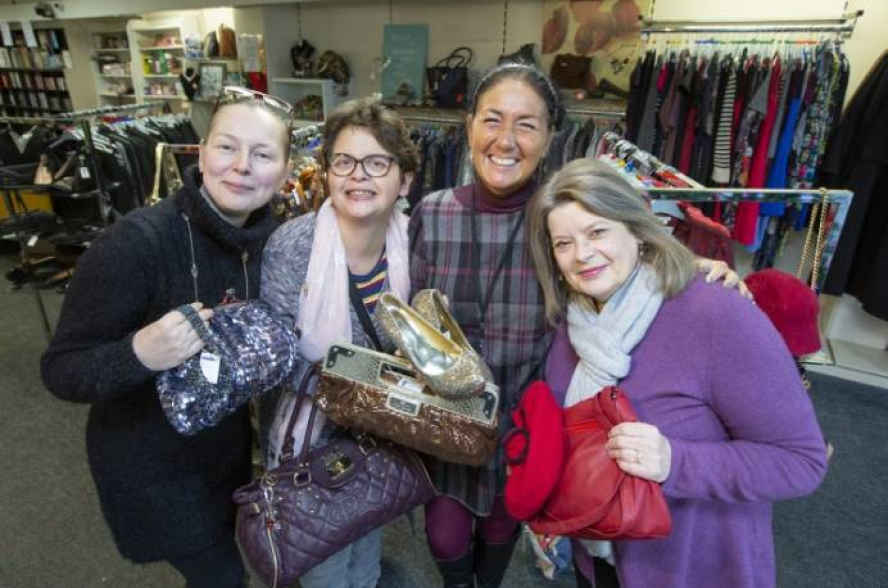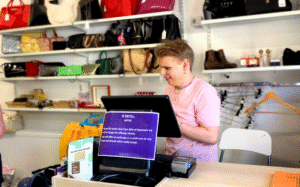Want to receive our monthly e-newsletter, full of stories, news, events, opportunities and more? Then sign up today!

Luen’s blog: Harry and Meghan – what can we learn?
Wherever you have been in the world over the last month and whatever you have been doing, you will not have escaped the Harry and Meghan story. Whatever your thoughts are about the royal couple, for me it’s raised some questions which I think are worth considering for any public-facing organisation that works with staff and volunteers.
1. Are we truly welcoming of diversity, and how do we know we are fulfilling our ambitions in this regard?
Here at Forget Me Not we have been on our diversity (in all its guises) journey for a few years now. We have made a pledge to staff, volunteers and families and we monitor that through surveys. But despite really good results, I still have to ask myself as a white, middle-class, well-educated woman, what does it really feel like to join our team or use our services. What could we do better if we are to be truly inclusive?
2. Would we be able to recognise when someone has a mental health issue and respond accordingly?
Our managers here have had mental health awareness training and we have a substantial package of support in place for people who feel able to come forward and ask for help. But what about those who don’t? Is it really ok to not be ok? We make every attempt to understand the support needs of our people, but I know we haven’t always got this right. Sometimes it’s the little things that make the difference rather than formal structures and offers. Creating a culture of kindness is a good start.
3. What is our relationship like with the media and how does it work for us?
The media are very important partners to the charity sector. They help spread your message, raise awareness, secure funds and say thank you. But there have been occasions where the media have wanted to sensationalise the needs of a family, which can be very detrimental. We provide support and guidance to any family who want to tell their story and we are very grateful to them, but it’s important to protect their interests too. There are fine lines to tread here so that people can get the cathartic release they so often need by talking publicly about what has happened and the support they have had, but this is sometimes offset by exposing themselves to unforeseen risks and consequences. We have systems in place to support our families – but could we be doing more?
4. Are we happy with the narrative we are sharing about ourselves and is that consistent so that people get who we are, what we do and value us?
We have been thinking about this a lot recently. Every member of our team, staff and volunteers and many of the families we work with too are brilliant advocates of our charity and the work we do. But to get the maximum benefit, our message needs to be really clear and the ways in which we share it need to be effective and consistent.
So whatever your thoughts are on this story, there are things we can learn. And, of course, we should always be open to learning, reflection and challenging ourselves. It’s how we improve.









